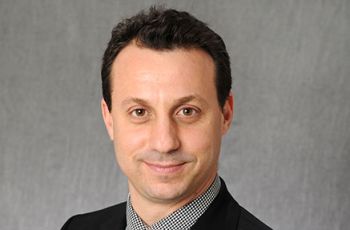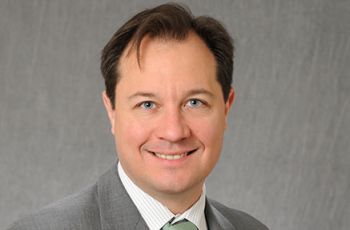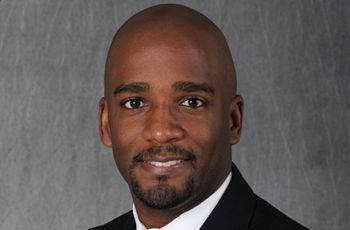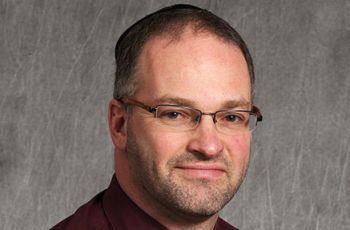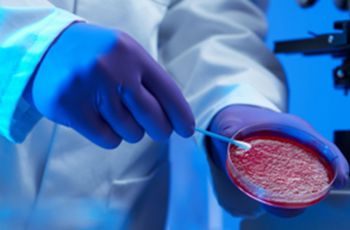Emergency Medicine
Andrew Meltzer, M.D., assistant professor of emergency medicine, was interviewed on RadioMD about his new research on the use of capsule endoscopy by emergency physicians for suspected acute upper gastrointestinal bleed, potentially saving the healthcare system billions of dollars.
Video capsule endoscopy performed in the emergency department to detect acute upper gastrointestinal bleeding, a potentially life-threatening emergency, may safely allow many patients with gastrointestinal hemorrhage to be discharged home instead of admitted to the hospital, saving the healthcare…
Jesse Pines, M.D., associate professor of emergency medicine, was interviewed by Reuters on the harmful practice of sending ambulances to other hospitals when conditions are crowded. This story was also published in the Chicago Tribune.
Gary Little, M.D., assistant professor of emergency medicine, urged inaugural crowds to stay warm and stay hydrated on WUSA 9. He was also interviewed by the Washington Examiner on dressing warmly.
Bruno Petinaux, M.D., associate professor of emergency medicine, talked to FOX 5 News about concerns surrounding inauguration crowds and the flu. He was also interviewed on this topic by WAMU-FM (NPR) and WTOP-FM.
Ryanne Mayersak, M.D., assistant professor of emergency medicine, talked to WTOP about this year's flu season and the benefits of getting a flu shot.
The GW Heart & Vascular Institute and The Wireless Foundation, in partnership with the D.C.
In the United States, one in 10 men and one in 14 women have had a kidney stone. Unless the kidney stone is too large to pass on its own, the treatment prescribed is usually plenty of fluids and painkillers while letting it pass over a period of several days. Jeremy Brown, M.D., associate professor…
Jesse Pines, M.D., associate professor of emergency medicine, was interviewed by Bloomberg News about the costs of new “multi-specialty centers” being built in the Washington area and across the country.
In August, The George Washington University (GW) School of Medicine and Health Sciences (SMHS) received three federally funded research project grants (R01s) and one federally funded cooperative agreement research project grant (U01).
